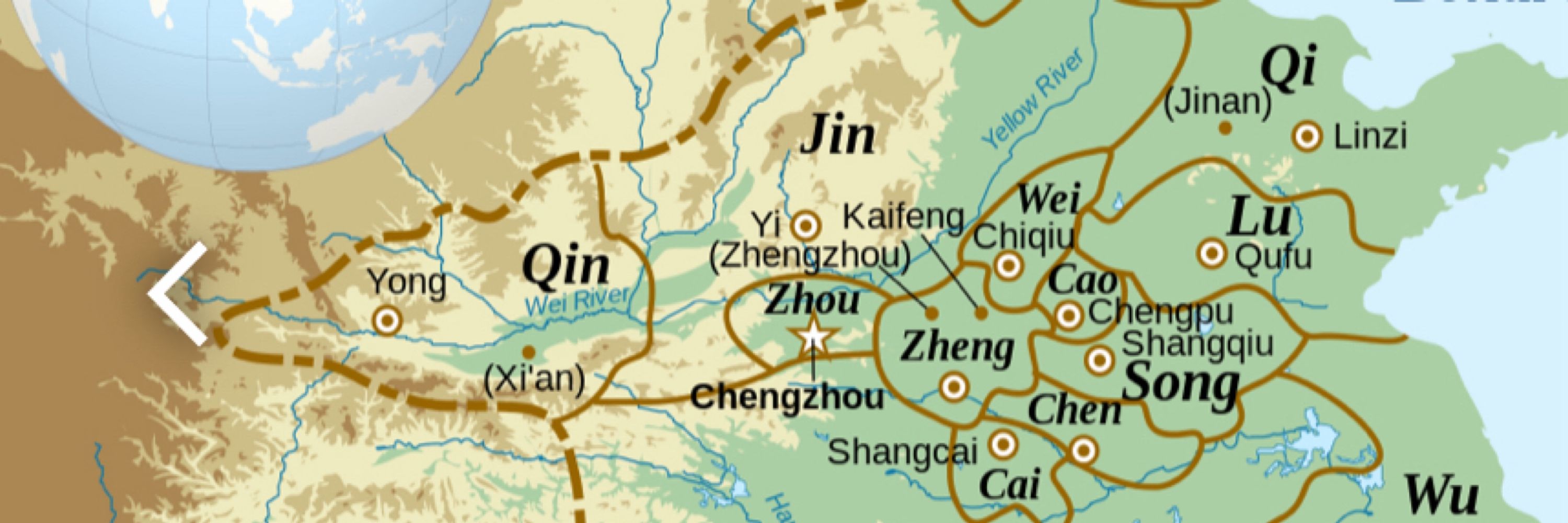John F Sullivan
@johnfsullivan.bsky.social
1.4K followers
66 following
330 posts
Former U.S. Army China Foreign Area Officer currently studying ancient Chinese military & strategic texts and arguing for the need to study and debate them more broadly within our own military PME and academic institutions.
Posts
Media
Videos
Starter Packs


















